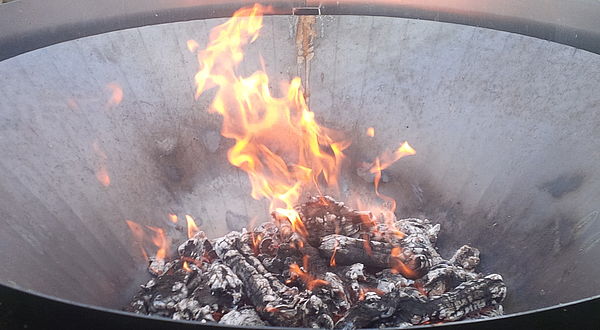The IPCC’s special report of 8th October 2018 on global warming of 1.5 °C mentions Biochar for the first time as a promising NET. Even though the report is alarming, mentioning Biochar is an important step in the fight against climate change. Biochar will receive more international attention and funding of research on the use of pyrogenic carbon capture and storage.
What is behind the IPCC special report on global warming is a serious matter: reaching the set objective – climate neutral energy supply by 2050 – will not be possible by reducing greenhouse emissions (at least 90 %) alone. We need emission technologies to remove carbon dioxide from the atmosphere.
Even though progress has been made in research on various negative emissions technologies, photosynthesis in plants, algae and other organisms transforming light energy into chemical energy is to date the most efficient method to remove carbon dioxide from the atmosphere.
However the advantage of producing and using Biochar in contrast to other NET’s is that it a) is already ready for use and b) can be adapted to the respective quantity of biomass and material flow. Other NETs need infrastructure on an industrial scale, biomass plantations and long transport routes or are just not ready yet for use.
During the pyrolysis process, biomass is heated up to 350 to 900 °C in an anaerobic environment. In this process biomass is turned into a solid substance (Biochar), a liquid substance (Biooil) and pyrogases (thermal use). Depending on the type of process it is often the case that only the solid substance and the pyrogases are used.
With mentioning Biochar as NET in the IPCCs special report and also due to the Paris agreement – the European Union is obliged to fund research on Net’s – we hope for more support for research and development of ecologically and economically useful application possibilities for Biochar.
https://www.biochar-journal.org/en/ct/94



